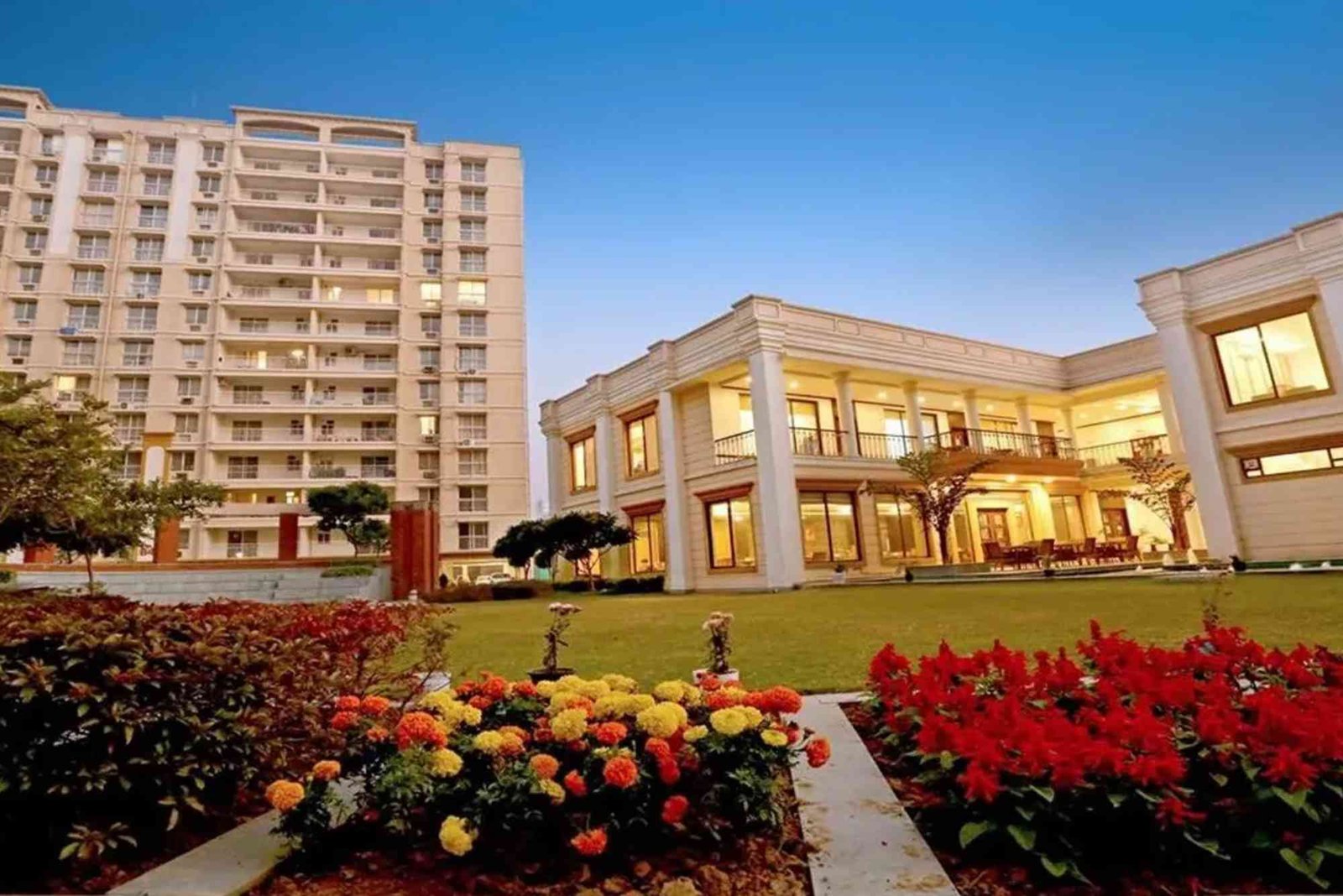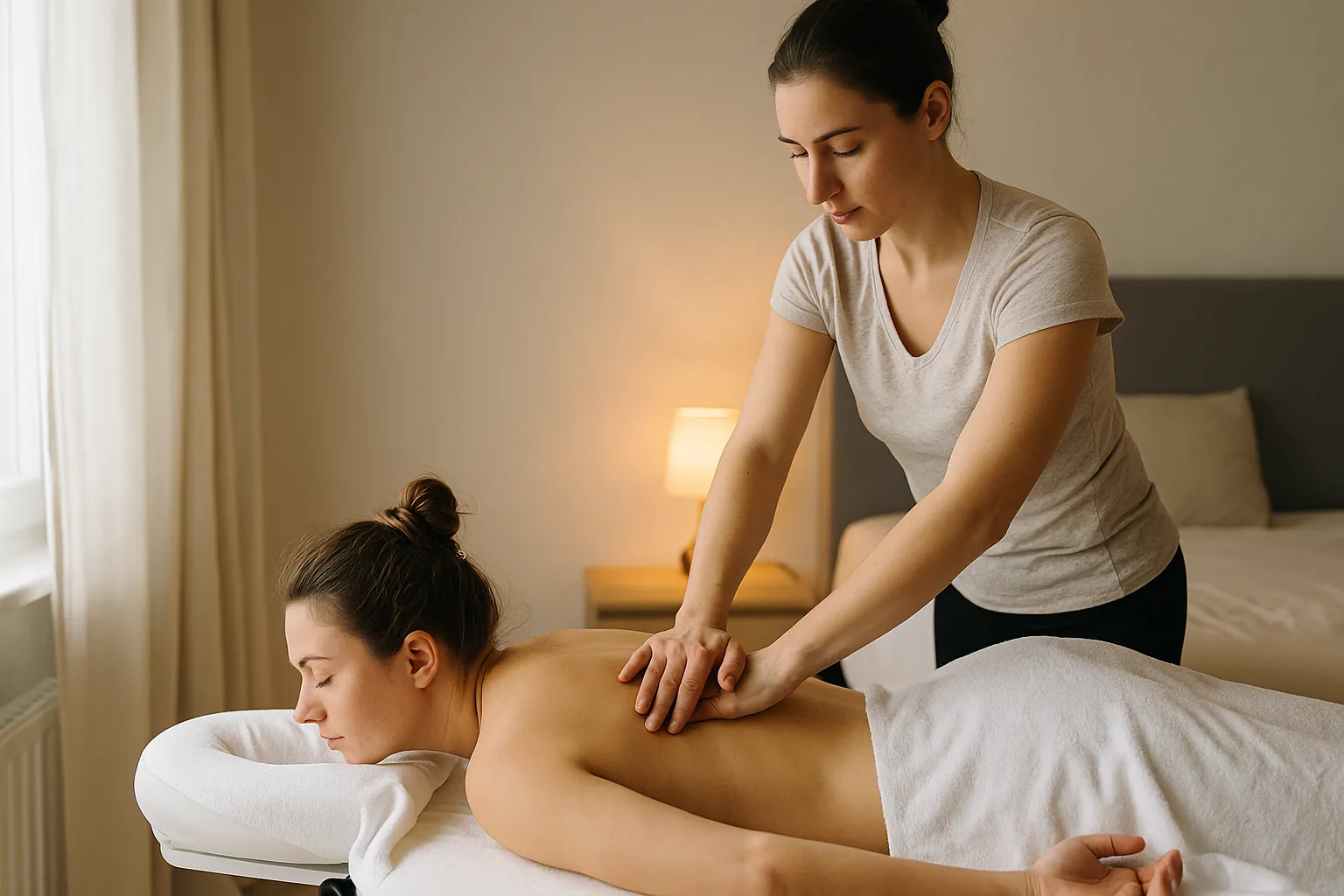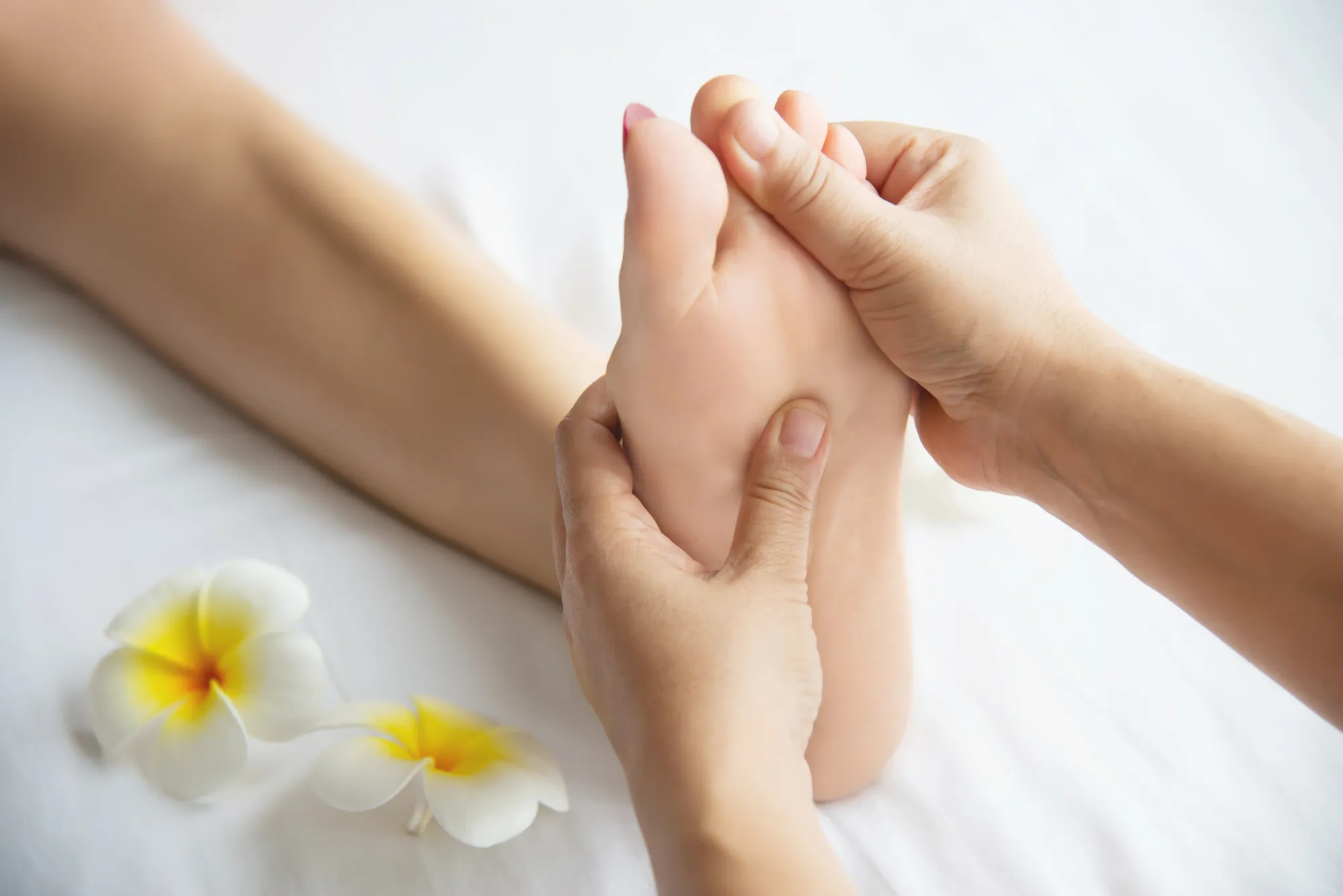Rhinoplasty has become one of the most sought-after cosmetic procedures worldwide. For many, the decision to reshape or correct the nose is deeply personal—often driven by both aesthetic goals and functional concerns like breathing issues. But for an increasing number of patients, the focus has also shifted toward affordability and quality of care. That’s why rhinoplasty in Turkey has emerged as a serious option.
If you’ve been researching procedures abroad, you’ve probably seen Turkey mentioned repeatedly. But what is the actual experience like? What’s the real rhinoplasty Turkey price—and does a lower price mean lower quality? In this article, I’ll walk you through what you really need to know based on professional insight and real experiences.
Why Do People Choose Turkey for Rhinoplasty?
There are three core reasons people travel to Turkey for rhinoplasty: cost, quality, and accessibility.
First, cost. In Western Europe or the U.S., rhinoplasty can easily cost upwards of €7,000 or $8,000. In Turkey, you’ll find prices starting as low as €2,000 and typically ranging between €2,500 and €4,500 for full-service packages. These prices often include accommodation, transport between the airport and clinic, consultation fees, and aftercare.
Second, quality. Contrary to outdated assumptions, Turkish plastic surgeons are not operating in low-end facilities. Quite the opposite. Many clinics are based in Istanbul or Izmir and boast ultra-modern facilities that meet or exceed EU medical standards. Some of the most respected surgeons in Turkey have trained or practiced in Germany, the UK, or the U.S.
Finally, accessibility. Turkey has streamlined medical tourism. Clinics often have international patient coordinators, fluent in English, who guide you through every step—from initial Zoom consultations to post-op care.
What’s Included in the Rhinoplasty Turkey cost?
Let’s break down what’s typically included in the quoted price. Most packages from reputable clinics will cover:
-
Pre-operative consultation and diagnostics
-
Surgeon’s fees
-
Anaesthesia and operating room costs
-
Post-op medications and dressings
-
4–7 nights hotel accommodation
-
Airport transfers and transport between clinic/hotel
-
Follow-up check-ups before you return home
Some packages even include a personal assistant, translation services, or a tour guide. Always ask what’s included before you book—transparent clinics will send you a breakdown.
It’s also worth clarifying the type of rhinoplasty you’re getting. Is it open or closed? Is it a primary surgery or a revision? Revision procedures, in particular, cost more due to their complexity.
What to Expect From the Procedure
Let’s say you’ve found a clinic and decided to move forward. What should you expect?
Before surgery, you’ll have a video consultation, then an in-person meeting the day before or morning of your procedure. Photos will be taken, and your surgeon will discuss realistic outcomes—not just what you want, but what’s achievable given your anatomy.
The surgery itself typically lasts 2 to 3 hours under general anaesthesia. You’ll stay at the clinic for a few hours post-op, or overnight depending on the complexity.
Recovery is where expectations matter most. Most patients wear a nasal cast for 6–7 days. Swelling and bruising peak around day three, then gradually subside. You’ll likely fly home around day 7 to 10, but full healing can take up to a year. That’s not unique to Turkey—it’s standard worldwide.
Common Concerns About Rhinoplasty in Turkey
A major concern is whether lower cost means lower safety. The answer depends on where you go. Turkey has both excellent and sub-par clinics—just like any other country. The key is doing your homework. Look for:
-
Board-certified plastic surgeons with verifiable credentials
-
Clinics that offer a portfolio of before-and-after photos
-
Detailed contracts outlining what’s included
-
Patient reviews that sound genuine, not scripted
It’s also important to know what happens if you’re not satisfied with the results. Some clinics offer revision policies or discounted follow-up procedures, but not all do. Ask this before you book.
Personal Experience and Firsthand Insight
As someone who’s worked with patients seeking cosmetic surgery abroad, I’ve seen both excellent and disappointing outcomes. One woman in her 30s flew to Istanbul after being quoted £8,000 in London. In Turkey, she paid £2,900 all-in, including a 5-night hotel stay and transfers. Her experience was smooth—clear communication, attentive staff, and a result she was genuinely happy with.
Another patient, however, chose a lesser-known clinic and struggled with a language barrier during recovery. While the surgical outcome wasn’t poor, the emotional strain during healing was harder because she didn’t feel fully supported.
What made the difference? Research. Patient 1 vetted her clinic thoroughly and booked a virtual consultation beforehand. Patient 2 went with the cheapest option she could find.
Is It Safe to Travel Alone for Surgery?
It’s common for patients to travel solo. Clinics are used to this and will arrange airport pickups and hotel stays close to the facility. However, I always advise bringing a companion if you can. Even just for moral support, help with bags, or meals during recovery. If that’s not possible, book a clinic that includes post-op nursing care or at least a daily check-in service.
Should You Worry About Language Barriers?
Most clinics catering to international clients employ English-speaking staff. Still, not every nurse or admin will be fluent. If this is a concern, confirm that an English-speaking coordinator will be assigned to you throughout the process.
Also, read the consent forms carefully. Make sure you fully understand the risks and recovery timeline. A responsible clinic will never pressure you to sign anything you don’t understand.
Post-Op Care: What Happens After You Fly Home?
This is an overlooked but critical part. Once you’re back home, you won’t have immediate access to your surgeon. That’s why you must follow all post-op instructions closely.
Reputable clinics will offer virtual follow-ups. Take photos, send them to your surgeon, and don’t hesitate to ask questions. If something doesn’t feel right, seek medical advice locally and let your clinic know immediately.
Some people worry about swelling lasting too long or the tip of the nose feeling hard. These are normal in early recovery. Results evolve over months, not weeks.
Final Thoughts: Is Rhinoplasty in Turkey Worth It?
So—is it worth it? For many, yes. If you want a more affordable option without sacrificing quality, rhinoplasty in Turkey can be a smart choice. But it requires due diligence. Don’t base your decision on Instagram ads or cheap prices alone.
To summarise:
-
The average rhinoplasty Turkey cost is €2,500–€4,500.
-
Many clinics offer full packages including hotel and transfers.
-
Safety and satisfaction depend on the clinic, not just the country.
-
Realistic expectations and clear communication are key to good outcomes.
-
Post-op care, both in Turkey and once home, needs to be taken seriously.
If you’re seriously considering this route, invest time in consultations, check credentials, and compare clinics. Surgery is a big step—do it with eyes wide open.
And one last thing: no one can promise a perfect nose. But a good surgeon can promise a better one, and in Turkey, you may be able to achieve that without draining your savings.










